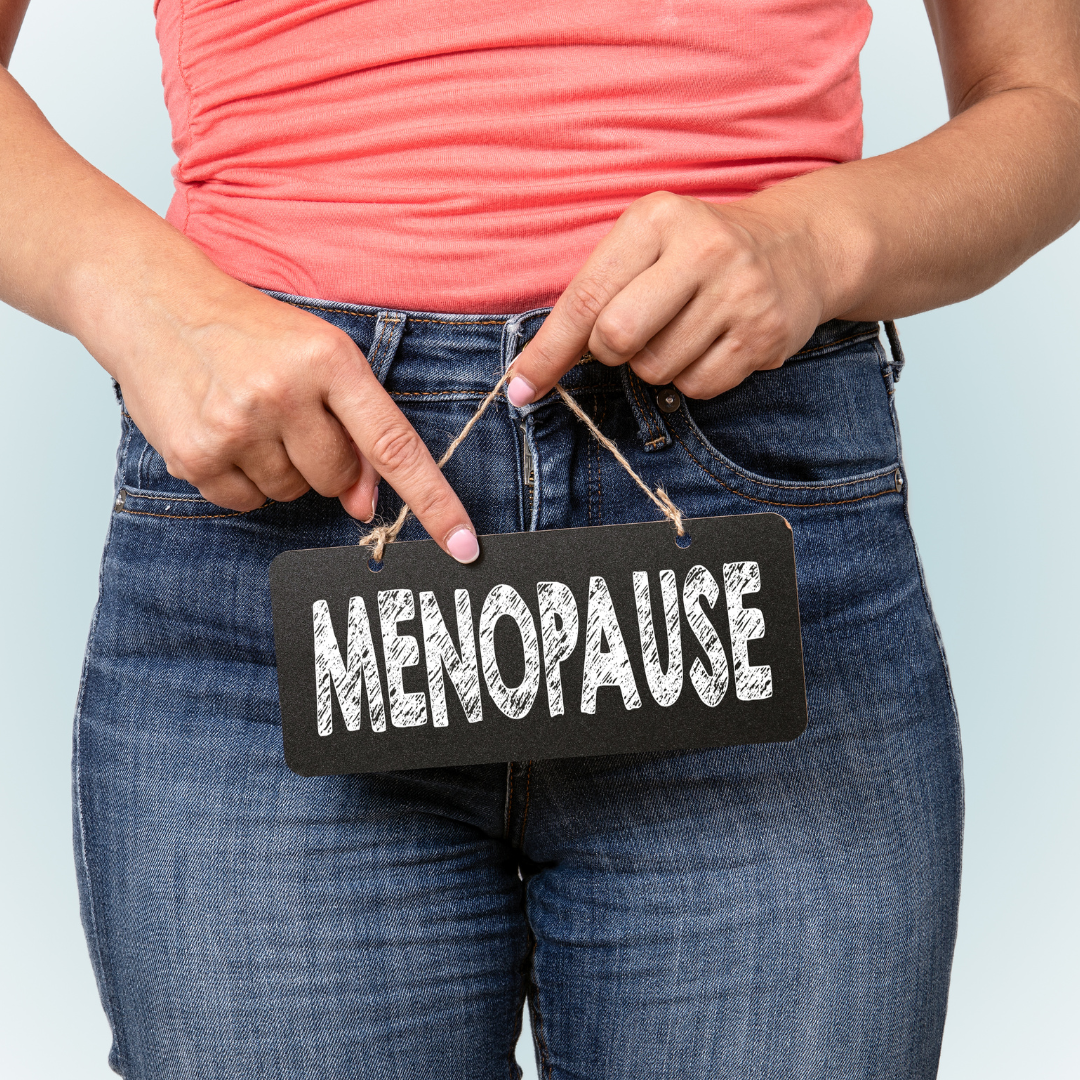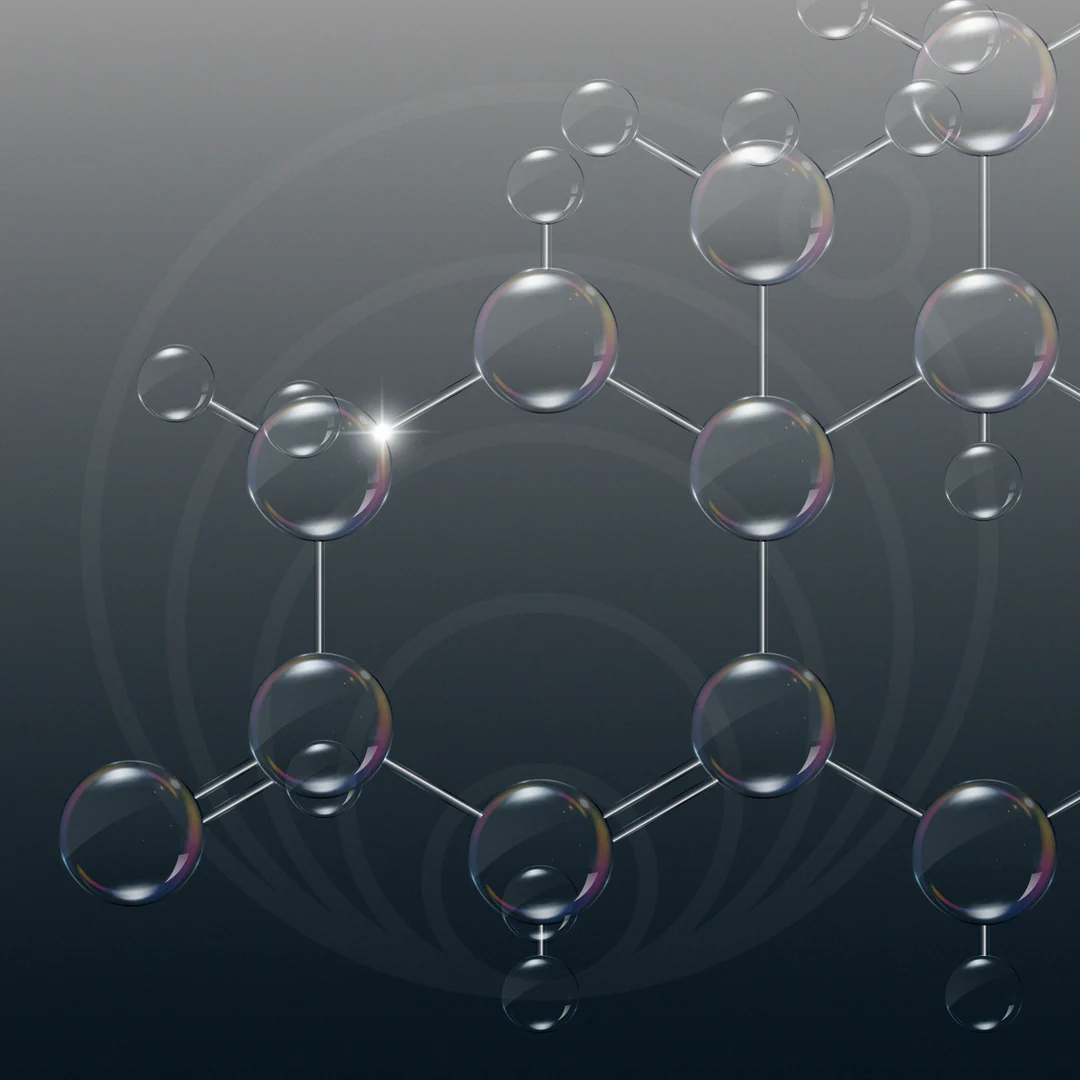For many women enduring the frequently turbulent menopausal experience, Hormone Replacement Therapy (HRT) is a ray of hope. If you’re researching HRT, you probably want to know what it includes, what the advantages and disadvantages are, and how it can affect your life. These topics will be covered in-depth in this blog, enabling you to make well-informed decisions regarding your health and well-being.
What is Hormone Replacement Therapy?
Hormone replacement therapy is used to supply the body with hormones that it is no longer able to make in sufficient amounts. HRT primarily targets progesterone and estrogen, the two hormones that fall sharply during menopause.
Why Consider HRT?

Menopausal Symptom Relief- HRT is most frequently used to treat menopause symptoms, which can have a major negative impact on the quality of life for many women who are going through the menopause transition. Some common symptoms are:
-
- Hot flashes
- Night sweats
- Mood swings
- Vaginal dryness
- Sleep disturbances

Bone Health – For bone density to be maintained, estrogen is essential. Because estrogen levels are lower, postmenopausal women are more likely to develop osteoporosis. HRT can lessen this risk and offer fracture protection.

Improved Quality of Life – Including HRT, many women report feeling better overall, including improvements in their mood, sexual health, and sleep quality.
Types of HRT
HRT is available in a variety of formats to suit various requirements and preferences.
- Estrogen-only HRT: Used for women who have had a hysterectomy. Without a uterus, there’s no risk of endometrial cancer, so progesterone isn’t necessary.
- Combined HRT (Estrogen and Progesterone): For women with an intact uterus, this combination protects the endometrium from the potential cancerous effects of estrogen alone.
- Bioidentical HRT: Uses hormones that are chemically identical to those the body produces naturally. It’s often marketed as a more “natural” option.
Methods of Administration
HRT can be administered in various forms, allowing for flexibility based on personal preference and medical advice:
- Oral Tablets: Easy to take but may increase the risk of blood clots.
- Transdermal Patches: Applied to the skin, providing a steady release of hormones.
- Topical Gels and Creams: Absorbed through the skin, offering localized or systemic relief.
- Vaginal Rings, Creams, or Tablets: Focus on relieving local symptoms such as vaginal dryness.
- Injections or pellets: Administered via a shot, typically used for those who require a high dose.
Weighing the Benefits and Risks
Benefits:
- Significant reduction in menopausal symptoms.
- Protection against osteoporosis and fractures.
- Improved mood, sleep, and overall quality of life.
Risks:
- Breast Cancer: Long-term use, especially combined HRT, slightly increases the risk.
- Blood Clots: Elevated risk of deep vein thrombosis (DVT) and pulmonary embolism (PE).
- Heart Disease and Stroke: Potentially increased risk, particularly in older women or those with preexisting risk factors.
- Side Effects: Nausea, headaches, breast tenderness, and bloating.
Is HRT Right For You?
Deciding on HRT is highly individual. It requires a thorough discussion with your healthcare provider, considering your symptoms, medical history, and personal preferences. Here are some key points to consider:
- Individualized Treatment: Tailored to your specific needs and health profile.
- Regular Monitoring: Ongoing follow-ups with your healthcare provider to adjust treatment as needed.
- Alternative Treatments: Non-hormonal options are available for those who cannot or prefer not to use HRT.
Hormone replacement therapy is a useful tool for improving the quality of life and treating menopausal symptoms. But you must approach it knowing exactly what the risks and advantages are. You may make this selection easier and make sure it fits your lifestyle and health needs by speaking with an experienced healthcare professional.
Menopause is a normal stage of life, and you can successfully manage its obstacles if you have the correct information and assistance. The objective is to discover a solution that offers you comfort, health, and happiness, regardless of whether you go for HRT or another route.

We are launching our peri-menopause clinic soon and will be offering comprehensive initial consultation to help you navigate the menopausal transition. Our offering includes a holistic approach where we will tackle lifestyle and nutritional changes in addition to hormone replacement therapy.





